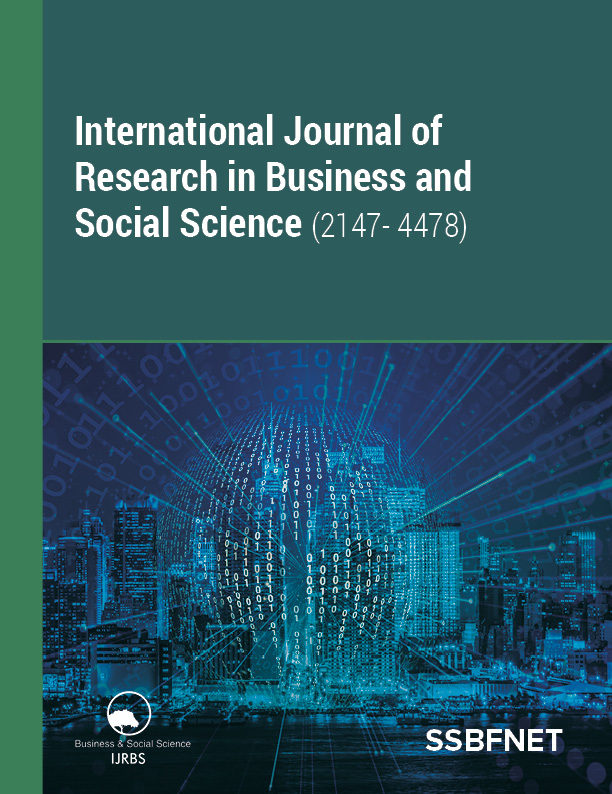
International Journal of Research in Business and Social Science
Yazarlar: Cuneyt M Yenigun
Konular:
Anahtar Kelimeler:UN Reforms International Security Transformation International Organizations UNSC
Özet: The United Nations (UN), despite some successful stories, has largely failed to safeguard international peace and security, particularly in the Middle East since its establishment. The UN’s inability to effectively resolve international conflicts is due to the Security Council (UNSC)’s decision making-process. The power to block any initiatives that do not fit the interest of any of the five permanent members (P5: US, UK, France, Russia, China) have impeded the UN’s ability to take effectively take actions where it is needed in safeguarding security in the Middle East. The nature of the veto power no longer reflects the reality of the 21st century; the UN is frozen in the context of the post-Second World War era and has failed to evolve with the international community. Double standards in the International Court of Justice's decrees and infirmity of purpose of the UNSC overshadow the legitimacy of the organization, jeopardizing its security mission, and clashes with the democratic values in world public opinion. The UN should change to earn legitimacy and efficiency of preserving international peace and security by amending decision making system in the UNSC or changing decision-making organ within the UN. The Secretary General’s diplomatic activism and attempts to fill the gap left by the P5 infightings could not succeed because of the resistance of the UNSC’s permanent members to change and lack of integrity among the other states. To ensure democratic transformation of the UN today, all states, NGOs and think tanks should work together. This study discusses the system's current shortcomings and suggests some alternative paths for the effective transformation of the UN as a supranational security institution.